Are Face Masks Good for Acne?
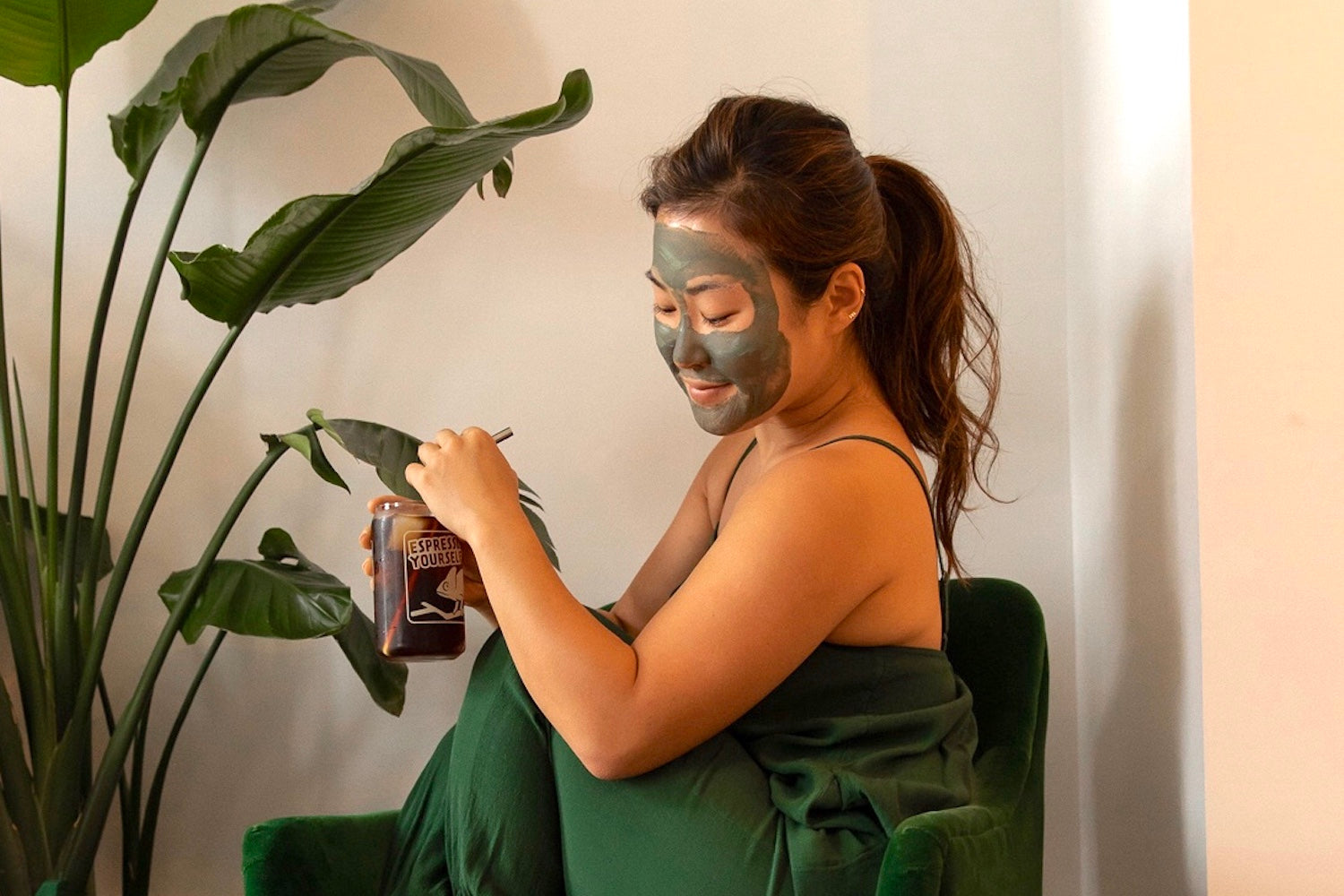
The topic of face masks often creates images of relaxation and cucumber eye covers, but they’re also popular for their skin benefits. There are plenty of face masks on the market, each designed for different skin types and skin concerns, and made with unique formulations. Need hydration? There’s a mask for that. Need to even your skin tone and texture? There’s a mask for that, too. But what about acne? Do face masks work for acne? Yes, although they shouldn’t serve as your sole acne treatment product. While the right face masks can help treat acne, they should be used to supplement your skincare routine plus they provide a healthy dose of pampering. Read on to learn the various types of face masks and how they might be able to help you get a glowing, clear complexion.
What are Face Masks?
Face masks a much-loved skin care solution due to their wide range of benefits, but at their core, they’re used to protect, replenish, and improve skin. Generally speaking, the mask sits on your face for a specified amount of time as it works its magic on your complexion.
There are an endless variety of masks, but they usually contain restorative ingredients such as clay, mud, aloe vera, essential oils, and herbs. You can purchase the product of your choice over-the-counter (OTC) to add to your at-home beauty routine, or you can have a professional-grade mask applied by an esthetician during a facial. We prefer using a vegan face mask since they're typically formulated with ingredients that are effective as an acne treatment and can help draw out impurities, reduce pore size, and hydrate the skin without the use of toxic or harsh chemicals.
Different Types of Face Masks
If you’re wondering, “Are face masks good for acne?” you might be fearing the rumors that circle their pore-clogging properties. Just like any other cosmetic product, the benefits – and consequences – of face masks depend on the quality of its ingredients. With so many variations in formula and texture, choosing a face mask can be overwhelming. Some different options include:
• Clay masks: These include clay, kaolin, and/or bentonite for their tightening and sebum-absorbing effects. Such masks, such as our Clarifying Masque, are designed to draw oil and dirt to the surface of the skin.
• Cream masks or gel masks: Such masks are usually designed to deliver a surge of moisture to dry and dehydrated skin, while repairing free radical damage and improving collagen production.
• Exfoliating masks: Exfoliation is a critical step in your skin care routine, and these soothing masks are designed to even skin tone and texture by sloughing off dead skin cells. Our Brighten Up, Sunshine clay masque contains fine coconut shell granules and fruit extracts to exfoliate and brighten skin.
• Enzyme masks: Natural fruit enzymes are great at treating dull or inflammatory skin without creating irritation.
• Peel-off masks: Sometimes called rubber masks, these putty-like mixtures harden after application and are peeled off when removed.
• Sheet masks: Sheet masks, or cloth masks, come from the Asian beauty market and deliver large amounts of active ingredients to the skin, pushing said ingredients deeper into the dermis for even better results.
• Overnight masks: Leave-on masks are usually found in the form of gel or cream. They work while you sleep and allow you to wake up to luminous skin in the morning.
• Natural masks: The internet has plenty of recipes for you to make your own DIY face mask using natural ingredients such as sugar, oats, and honey.
Hellooo Sunshine!
Detox your face from daily stressors and reveal a brighter, smoother, glowy complexion.
Brighten UpHow to Choose the Right Face Mask
Finding the right face mask for you and your skin concerns depends on which of the main skin types you have:
• For dry or dehydrated skin, use a moisturizing mask made with hydrating ingredients. Although dry skin doesn't directly cause acne, you may be wondering, "can dry skin cause acne?" The answer is yes, so be sure to keep your skin properly hydrated.
• If you have oily skin, you likely get greasy throughout the day and might ask yourself, "why is my skin so oily?" To help, find a face mask that controls excess oiliness and fights acne and breakouts by drawing out impurities.
• Those with sensitive skin which appears red or inflamed should find a mask that calms and soothes. Look for a nourishing product that contains rose hips to speed up your skin’s healing process.
• Normal skin types can use a variety of face masks depending on its intended usage, but they stand to benefit the most from brightening peel-off masks.
Do Face Masks Work for Acne?
In short, yes, they can help! All it takes is knowing what ingredients to look for, but we weren’t kidding when we said that finding the right face mask can be a bit complicated.
Clogged or Congested Pores?
A complexion perfecting masque that tautens and tightens skin without over-drying.
Get Clear
What is Acne?
If you’re looking to treat acne, let’s first cover the basics. What is acne? What causes acne? Acne is a skin condition that occurs when hair follicles or pores become clogged, causing swelling that ultimately results in a whitehead, blackhead, or pimple. Clogged pores are typically caused by an excess of sebum or oil, the waxy substance naturally produced by the skin as a protector and lubricant. The excess oil often mixes with dead skin cells that linger on the surface of the skin.
Acne-Fighting Ingredients in Face Masks
If you’re getting a professional facial, your esthetician will be able to recommend a product for you after analyzing your skin – and if you’re lucky, you’ll be able to purchase it and take it home. Such is not the luxury in most cases, so when you’re shopping for face masks at the store or online, keep an eye open for these acne treatment face mask ingredients:
• Tea: Tea-based masks infuse your skin with vitamin C and E to rejuvenate the cells and remove free radicals that are accumulated throughout the day.
• Coffee: Coffee kick starts your skin’s regeneration and can bring a lack-luster complexion back to life.
• Charcoal: Like a magnet, charcoal removes dirt from the deepest depths of your pores.
• Kaolin or Bentonite: Found in clay masks, these detoxifying ingredients do a fantastic job at expelling toxins and reducing redness.
• Glycolic Acid: This exfoliator is great at removing dead skin, promoting the growth of new cells, and treating acne-prone types by clearing pores.
• Salicylic Acid: One of acne’s biggest enemies, salicylic acid is used to clear and prevent pimples with visible success.
• Benzoyl Peroxide or Collodial Sulfur: These ingredients can serve as anti-bacterial agents in face masks to attack the P. acnes bacteria.
Face Mask Ingredients to Avoid
According to clevelandclinic.org, it’s important to also be mindful of whether a face mask contains sensitizing or harmful ingredients. Be sure the face mask you choose is free of artificial fragrances, dyes, parabens, sulfates, toxins, and harsh chemicals.
Tips on How to Use a Face Mask Correctly
If you’re using a face mask to get rid of acne, be sure you’re applying it in the right way. Follow these five steps to get the most out of your face mask application:
1. Wash your face first. Cleanse and exfoliate before applying your product, as putting a mask on a dirty face can trap impurities. Use warm water to rinse during this step to open your pores and create a perfect canvas for your mask.
2. Apply carefully. Make sure your hands are clean when you apply your mask, especially if you’re using your fingers and not a brush. Evenly spread the product using upward motions and avoid tugging on the skin.
3. Be mindful of how long it’s on. While some masks are safe to be left on for an extended period of time, not all have such a long-wear formula. Clay masks, for example, can dehydrate the skin if left on for too long, while moisturizing masks can wind up clogging pores. Be sure to read the instructions on your specific packaging. Also, keep in mind how often you should use a face mask, since certain masks can cause dryness or irritation if used too frequently.
4. Pat your skin dry. After removing your mask, be sure not to rub. Instead, gently pat your skin with a soft towel to dry because your skin will likely be a bit sensitive from so much pulling or absorbing action.
5. Follow up. Face masks can help clear dirt, oils, and impurities to lessen the appearance of current breakouts and prevent acne in the future. While acne face masks can help reduce pimples, they are most effective when combined with the right skincare routine like our skincare sets. The skin will be more absorbent following a face mask, and you’ll experience better results from your acne-fighting products.
Make a routine out of your face mask application. Pick one or two days a week to set aside an extra 20-30 minutes for your mask, and try to keep those days consistent as you plan out your beauty regimen (you may be able to use a face mask more often depending on your routine and skin care concerns). We recommend using the time you wear the mask to sit back, unwind, and destress. Add a candle or glass of wine to the equation to give yourself a sense of spa-like luxury from the comfort of your own home.
The Verdict
Acne-reducing face masks can be remarkably effective at blemish control and clearing up your complexion. Applying a good face mask will make your skin feel tightened and toned after a single use. Moreover, face masks for acne help remove excess oil, reduce the size of pores, and draw out impurities within the skin.
They’re easy to apply, fun to use, and great at delivering results. Take your choice between gels and creams, imported sheets and overnight offerings, to find a product that gives your complexion the nourishment it needs. Remember that the effectiveness of your mask depends not only on its texture, but the ingredients it contains. Use a face mask to reduce acne the next time you want to give your skin a little TLC – they feel great, and can help you look great, too!

Abby Vinas
Abby Vinas has long been an active member of the holistic health community, advocating in favor of its benefits to both our physical and emotional well-being. Her commitment to leading a healthy lifestyle has made her an authority on self-care practices. Abby is passionate about fitness, nutrition, and proper skincare, and is also an avid lover of avocado toast and dog-petting.
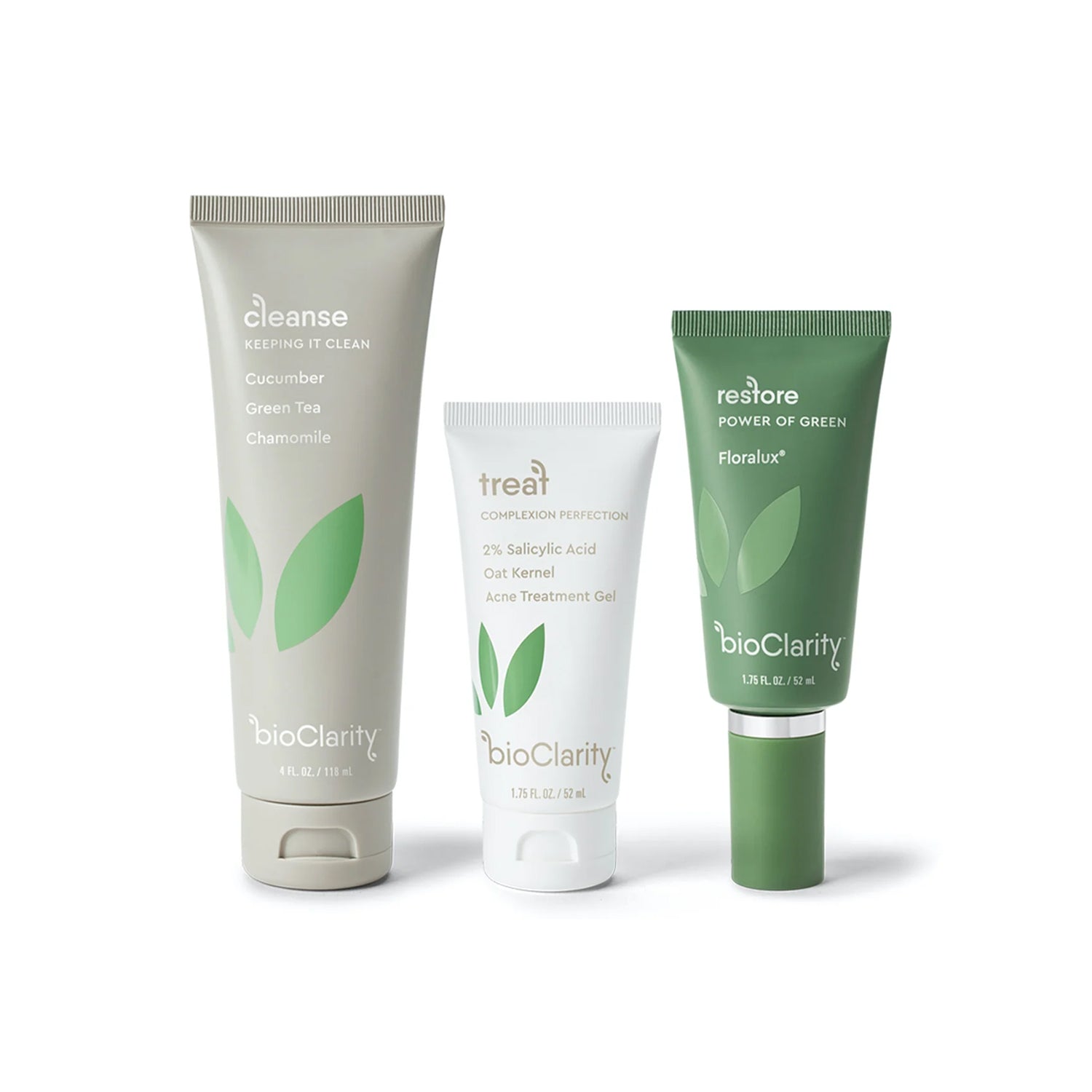
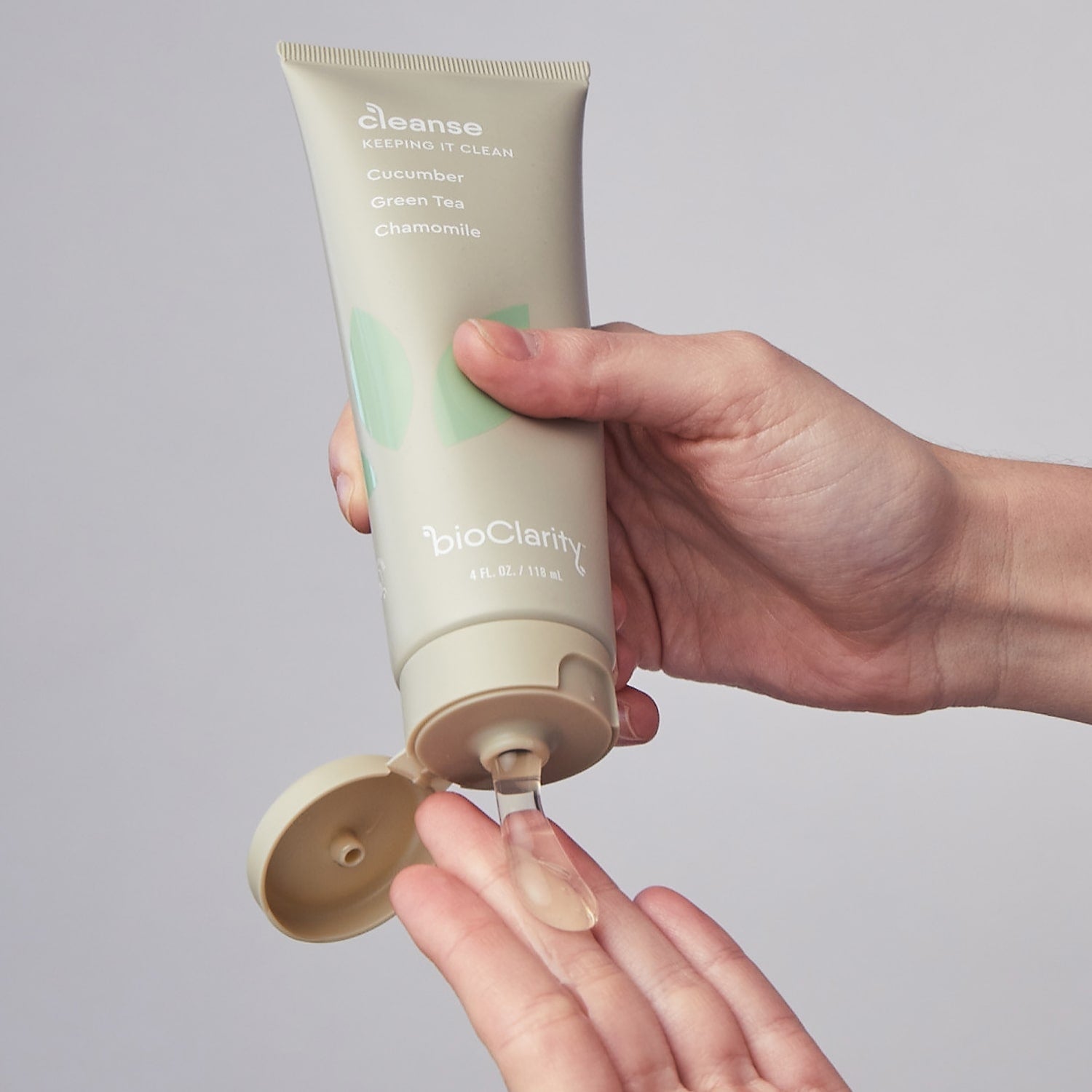
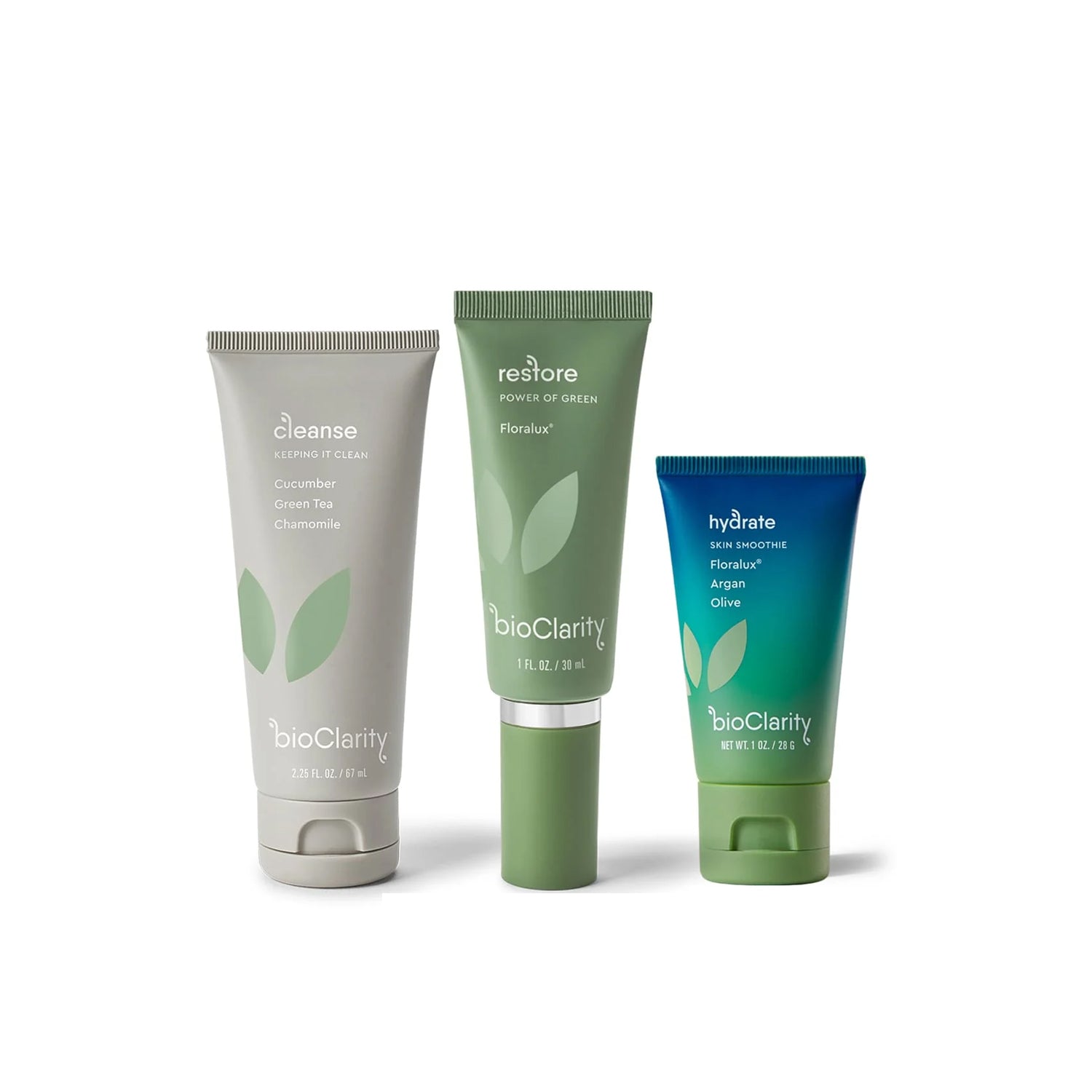
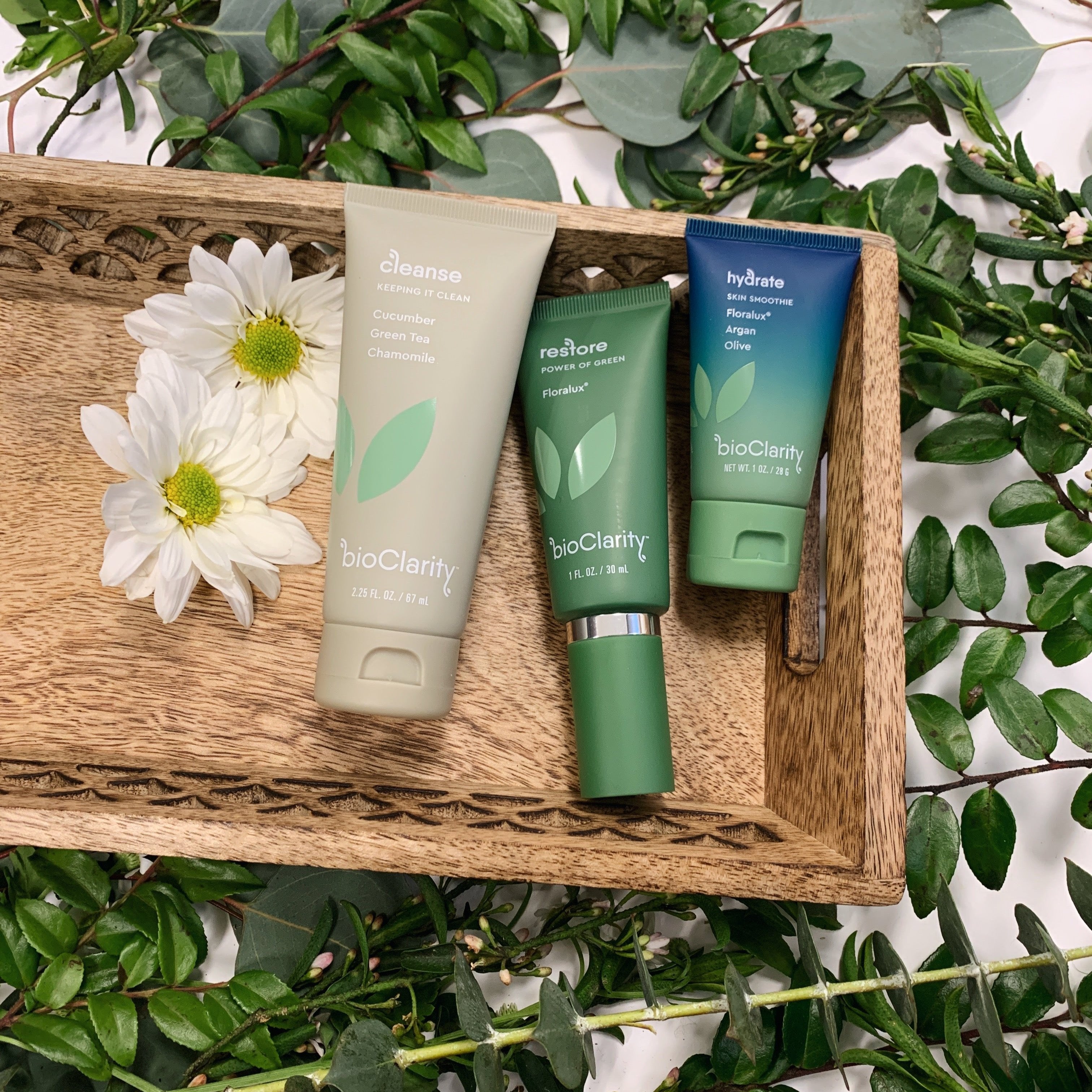
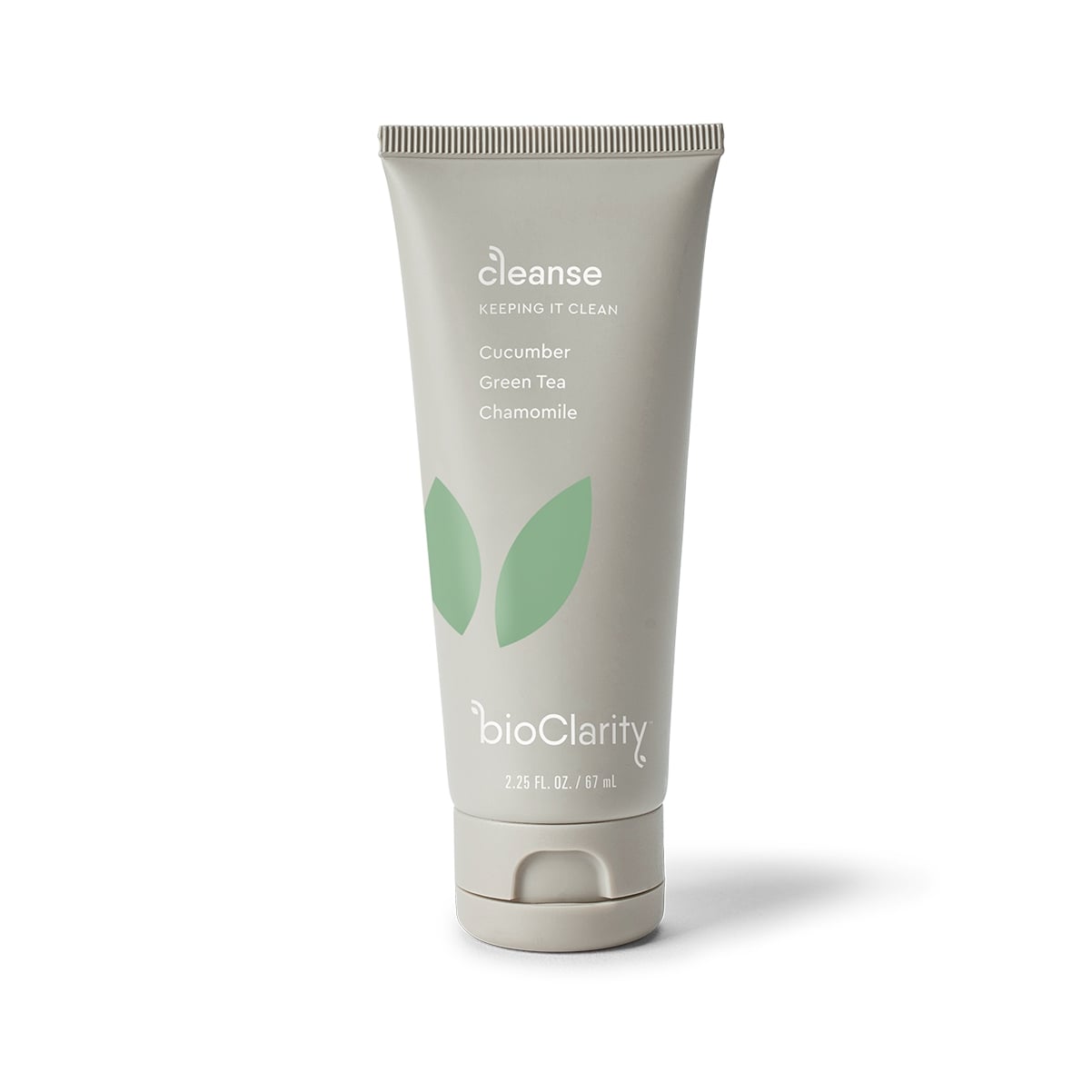
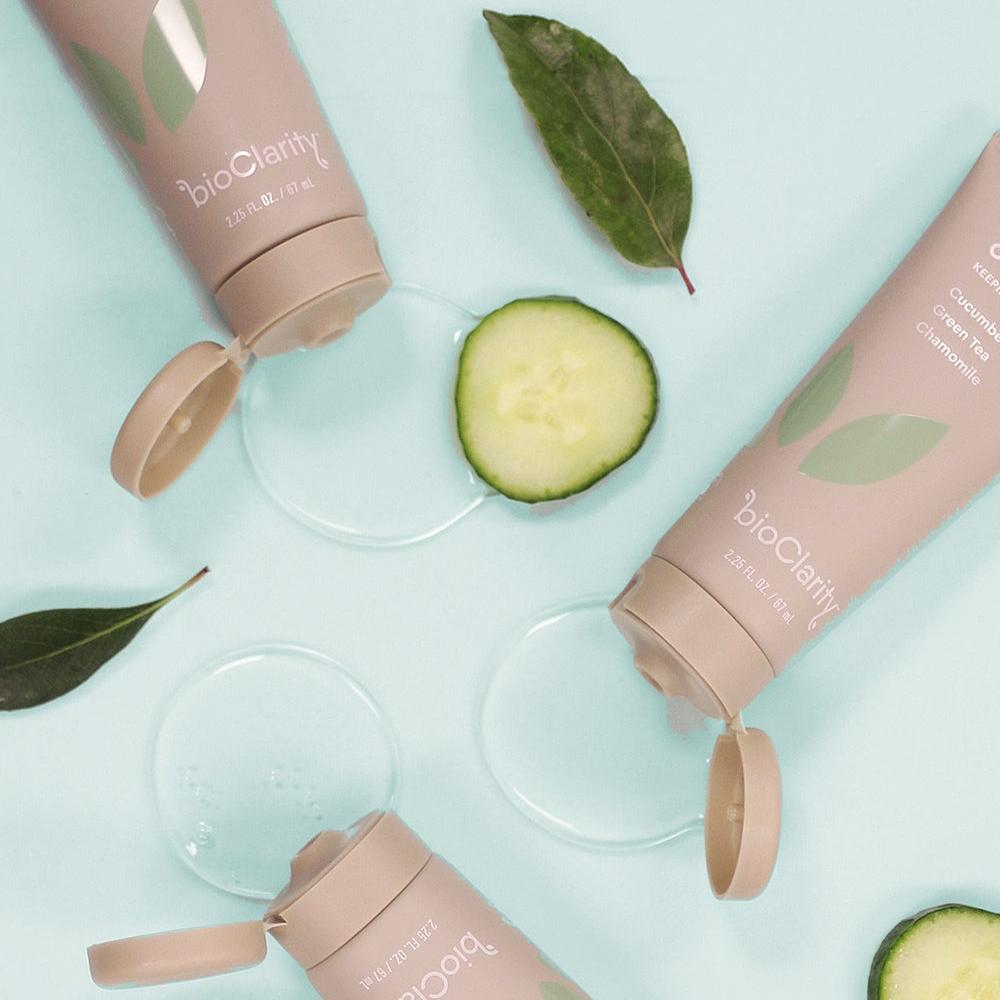

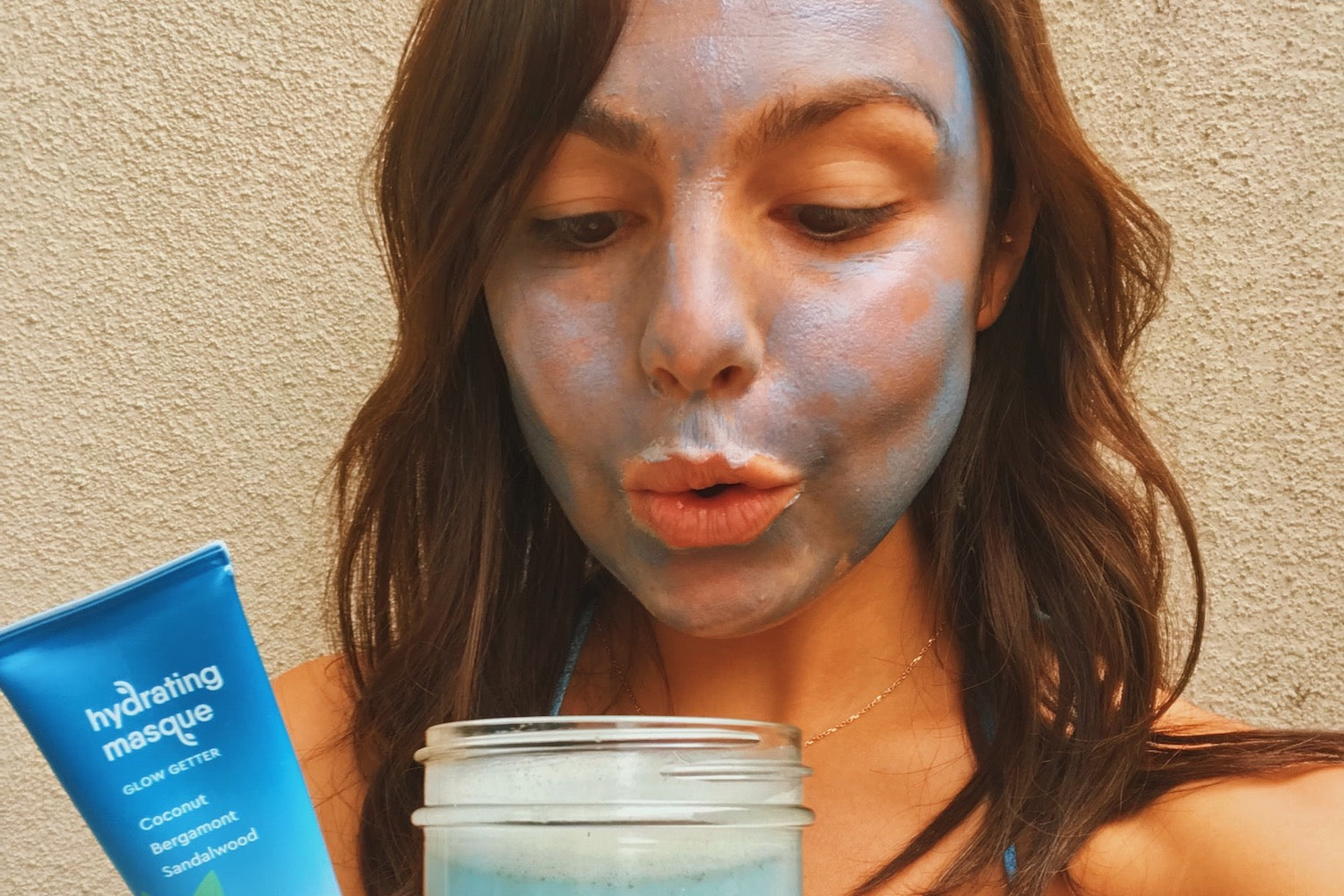

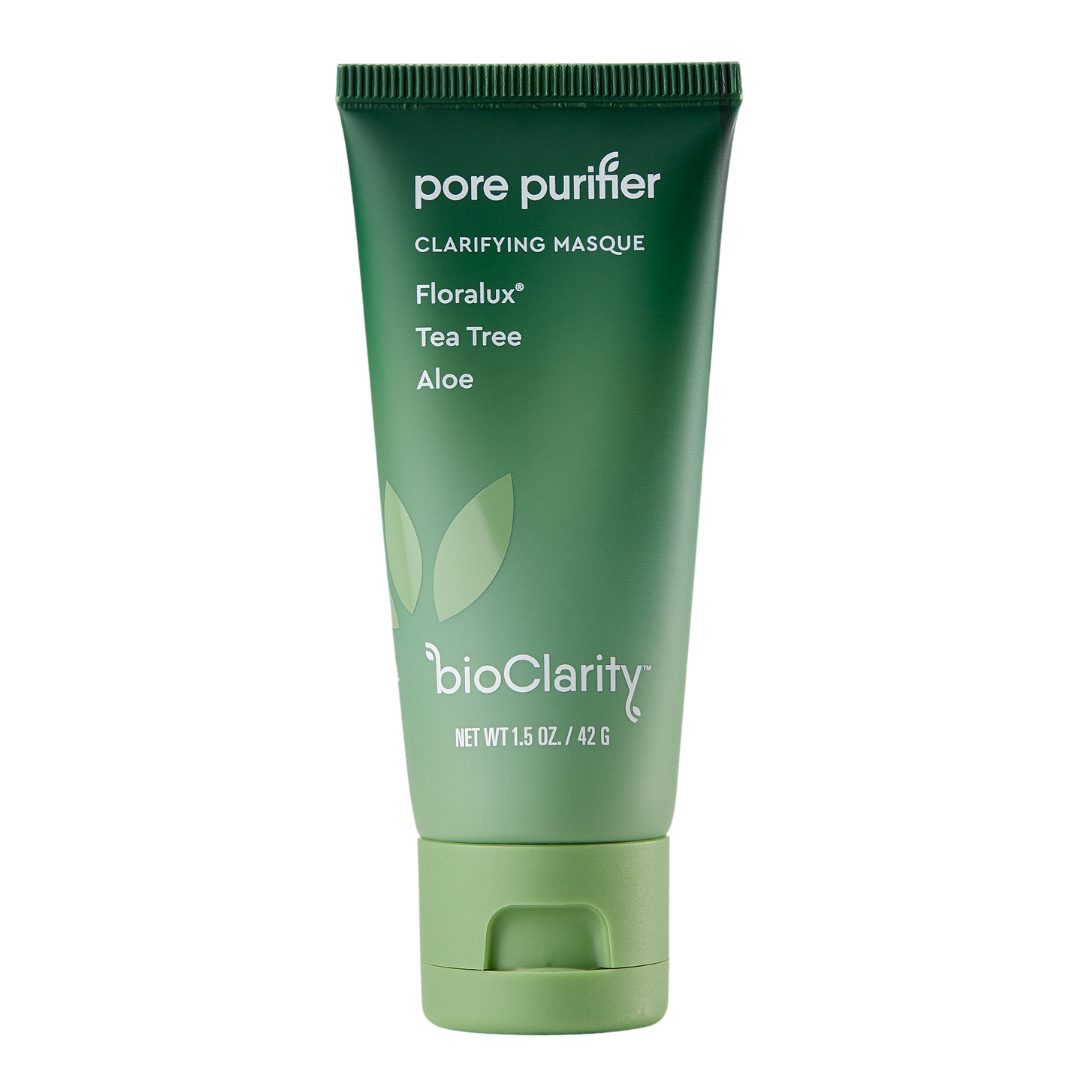

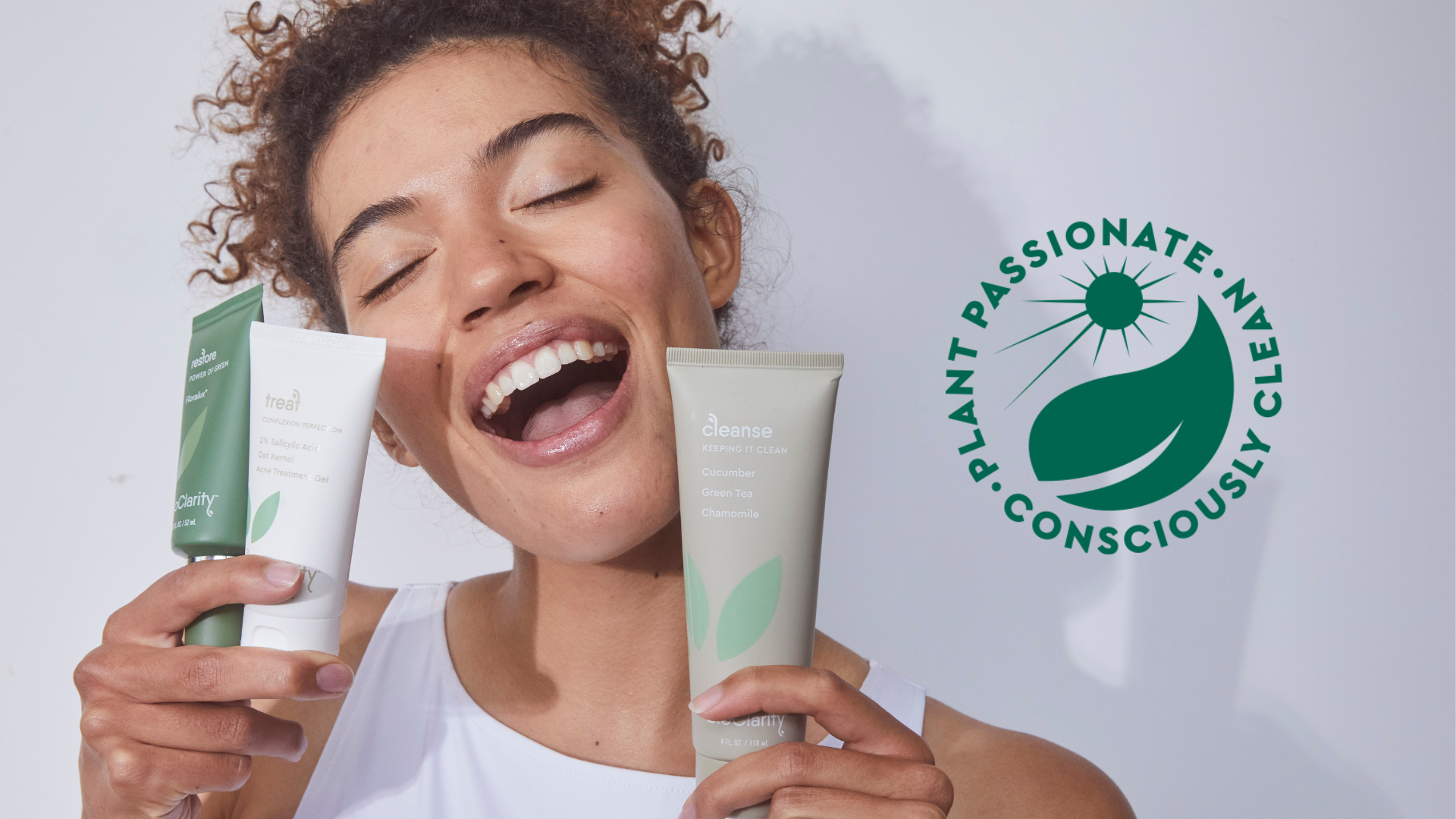
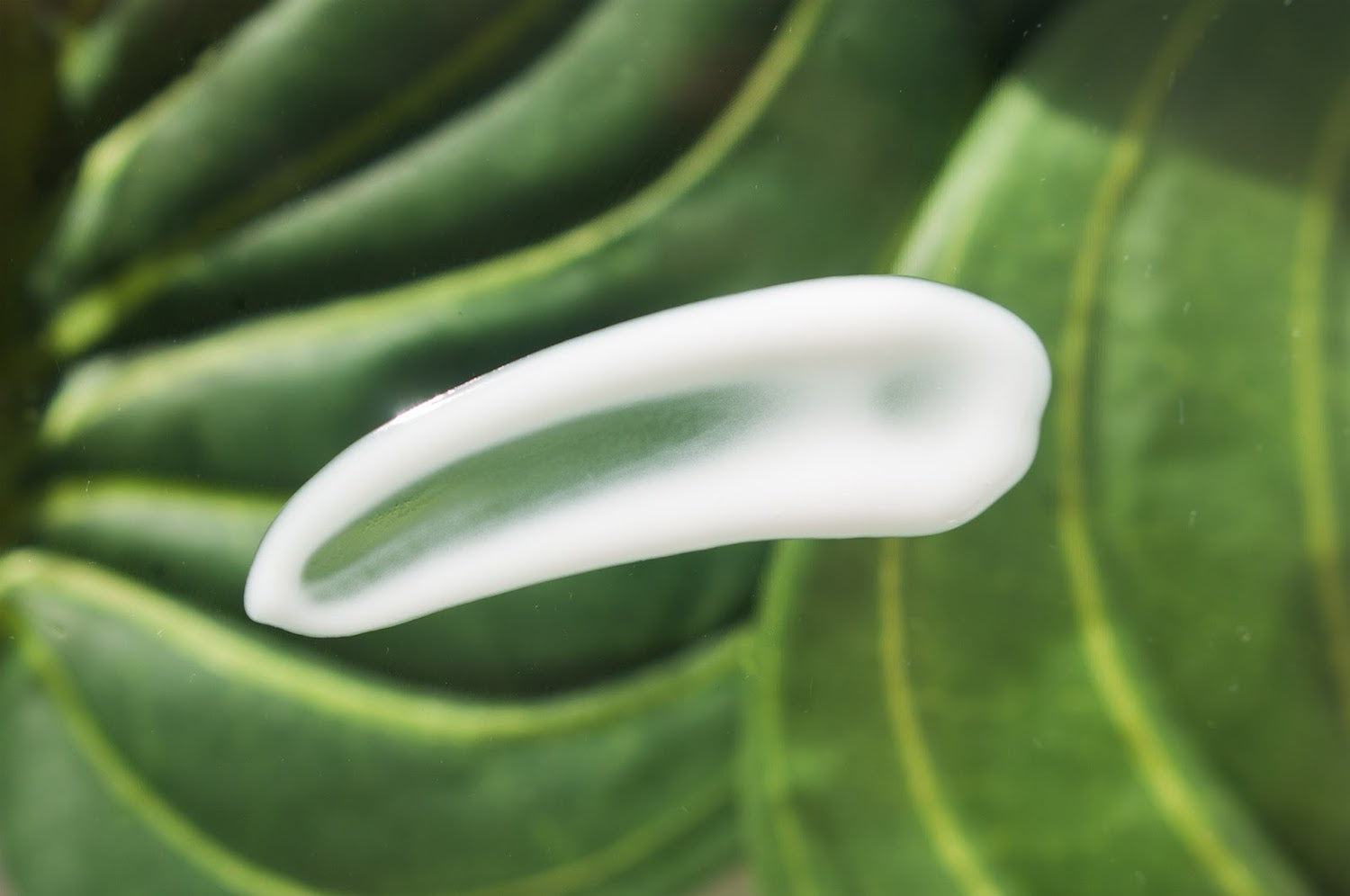
Comments
Cyrina —
Very helpful post 😍